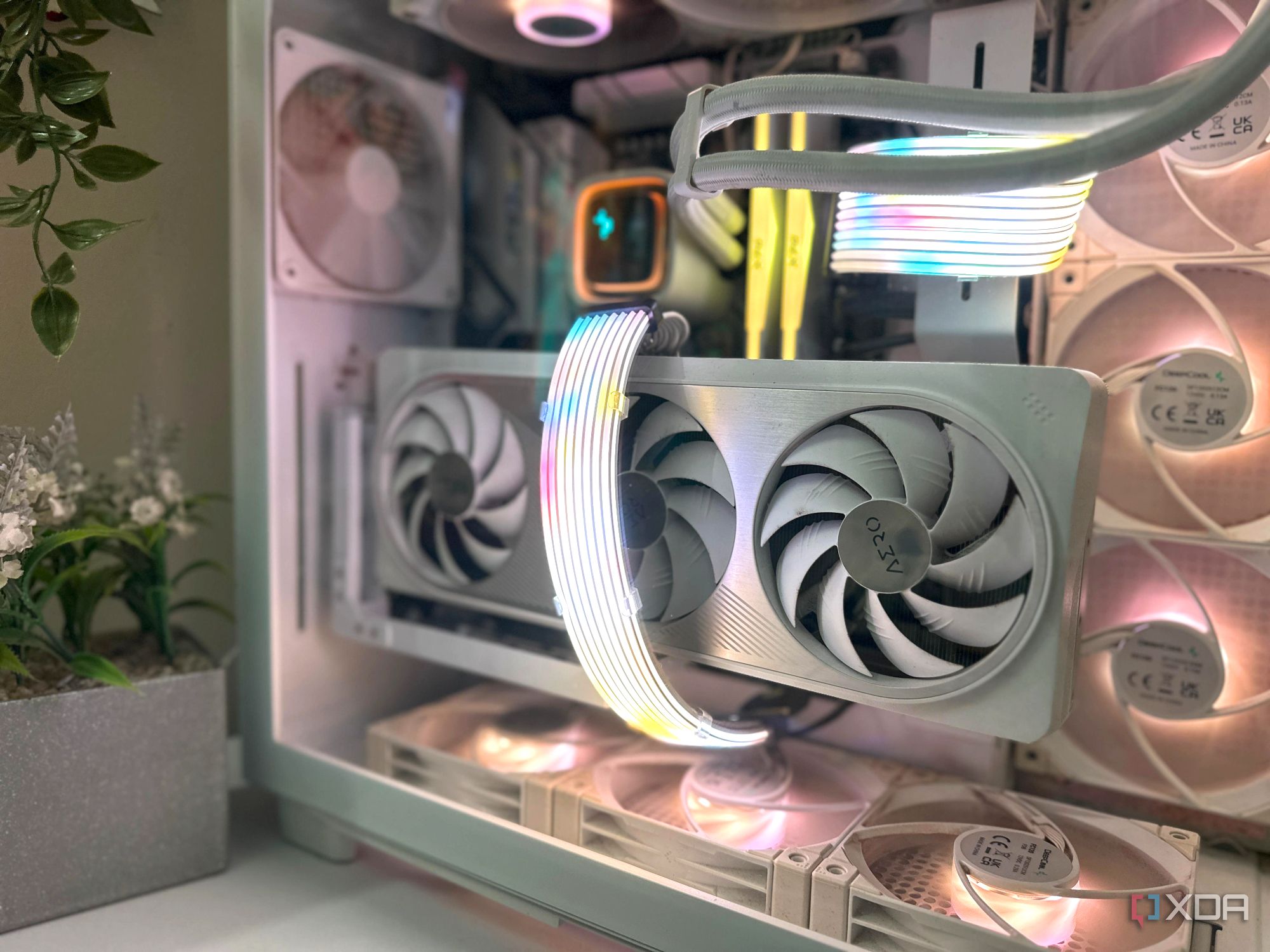URGENT UPDATE: A critical warning has emerged for gamers investing in new PCs. Experts are advising against using PCIe risers, citing significant risks that could damage your system. This news comes as the gaming community gears up for the upcoming holiday season, making performance reliability more vital than ever.
Recent reports highlight three major concerns with PCIe risers, which are designed to extend PCIe slots for enhanced GPU positioning. While some builders use these cables to showcase their graphics cards, authorities in computer hardware caution that the potential drawbacks far outweigh any aesthetic benefits.
PERFORMANCE ISSUES: PCIe devices are notoriously sensitive. Extending connections with riser cables can lead to signal degradation and loss of bandwidth. Symptoms can range from random crashes to severe issues like stuttering during gameplay and complete system failures, including Blue Screen of Death errors. These complications are challenging to diagnose, particularly if there’s a version mismatch among your GPU, motherboard, and riser.
HEAT AND COOLING COMPLICATIONS: Using a riser in a full-size chassis often leads to vertical GPU mounts, which can severely impact thermal performance. Experts warn that this configuration can restrict airflow, causing the GPU’s fans to struggle for fresh air. The result? Increased heat buildup that adversely affects both the GPU and other components, leading to a potentially noisier, less efficient system.
POINTS OF FAILURE: Every PC builder knows the importance of robust components. However, risers introduce additional failure points that can compromise your entire setup. Many low-cost risers cut corners on essential aspects like shielding and soldering, making them susceptible to failure. In worst-case scenarios, this could even lead to catastrophic events like electrical fires, although these cases are rare.
While Gen 5 risers have made improvements over their predecessors, they still carry risks that make them unsuitable for standard builds. Experts strongly advise against their use for average PC builders. However, for seasoned enthusiasts or those constructing compact systems, a PCIe riser may still be a viable option—but caution is essential.
As the gaming landscape evolves, keeping your setup secure and reliable is paramount. The latest warnings about PCIe risers serve as a crucial reminder: what may appear to be a simple extension can cause serious, costly issues. Stay informed and share this vital information with fellow gamers to ensure they make the best choices for their systems.




































































